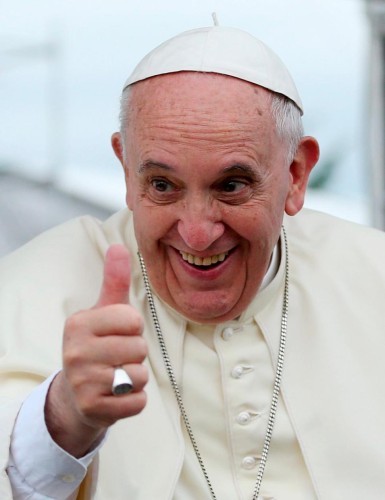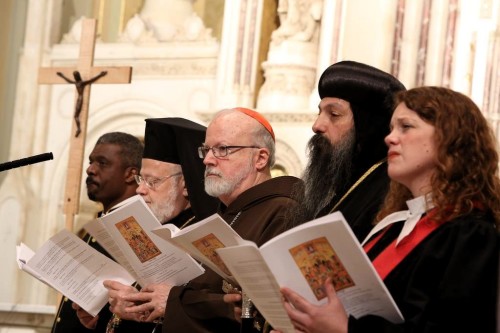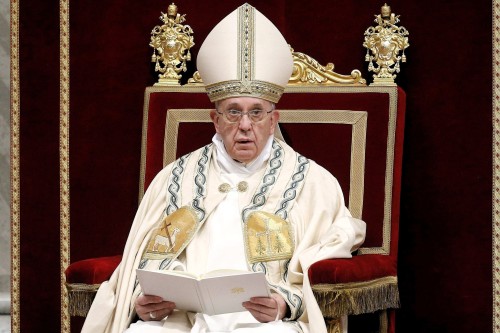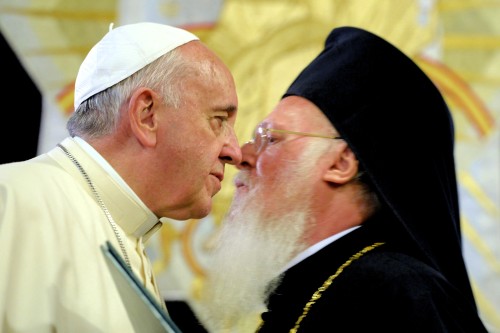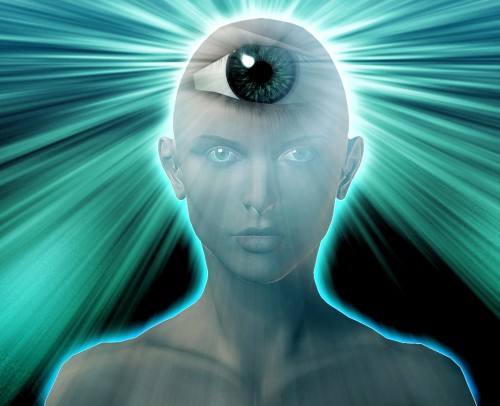Each deed of man, either good or bad, is the fruit of his freedom and he is the only one responsible for his life. For doing good and especially the spiritual good that has connection with the attainment of virtues in Christ and salvation of our soul, the man has to believe in the Savior and follow His real Church that nowadays is no other but the Orthodox Church. Of course, in our Orthodox Church no one becomes saved only for his deeds or virtues he attains but only in cooperation with the Grace of Christ. Here is what Saint Apostle Paul tells us: What do you have that you did not receive? (I Corinthians 4, 7). Thus he asks us what do we owe that we did not receive from Christ? Regardless of the number of deeds we did, or virtues we attain, in reality they are all gifts from God because – as the same Apostle tells us – our salvation is a gift.
Our Savior tells us that even when we attained all the virtues, that He taught us Himself, we should consider ourselves unworthy servants for we did nothing more but what we had to do. Here is what He exactly tells us: That’s the way it is with you. When you have done everything you were ordered to do, say, ‘We are worthless servants. We have done only what we ought to have done.’” (Luke 17, 10) Of course there is no one who can praise himself that he perfectly fulfilled the evangelical virtues. Thus, he cannot claim a reward from Christ by reason of struggling to follow the commandments of His Gospel accordingly. The man cannot make any step on the path of virtue and holiness only through his own powers, for Christ says: Because apart from Me you can do nothing (John 15, 5). He points out here that without His Grace and His life giving Divine Power we will neither succeed in repenting as we should nor save ourselves. Thus the salvation is the gift of God and does not exclusively depend on our deeds but on the mercy and love of Christ. Likewise, it is not necessary for a Christian to accomplish a certain number of good deeds and later blatantly claim from Christ the attainment of salvation. Likewise, a Christian ought to not believe that he did more good deeds than necessary for his salvation and therefore he can share the excess of them for someone else’s salvation, for He will repay everyone according to what he has done. (Matthew 16, 27).
While in the Orthodox Church the teaching about the salvation of man is so clear and transparent for the papists, after the Schism, some major distortions came across. Thus, what do the Catholics believe in their Church? They invented that paradoxical teaching: according to which the deeds of saints and Virgin Mary are more than sufficient for their salvation. The Pope takes over the extra deeds and he can use them according to his wish. For instance if one Christian did not have the chance to accomplish his repentance canon he was given at his confession and died, there will be, according to this papist materialistic teaching, the hope of salvation. His relatives will buy from the Pope the deeds and virtues that the deceased did not have the chance to accomplish during his life and thus he will as well be able to enter paradise. The salvation, according to the Roman Catholic Church, is the sum of good deeds. If, for instance, 100 good deeds are necessary for saving someone and he did only 80, then he cannot be saved. If someone else did 130 deeds he will keep the necessary 100 for his own salvation and the rest of 30 will be taken over by the Pope in order to sell them to the relatives of the deceased ones. The popes declared that the excess of good deeds of their saints are infinite and therefore all the people who left this world unprepared will have access to them in order to be saved! They are saved in the bank of Vatican and they can only be accessed through the Pope according to his interests.
This teaching is a satanic teaching where the sense and the purpose of Christ’s Church are mocked. The people simply stop fighting for their salvation. They do not worry about the Judgment Day because after they die, their relatives will go to the Pope and will buy the deeds they need so that they can enter paradise. This dogma does not have any support in the Scripture. It minimalizes Christ’s saving Sacrifice on the Cross and transforms the Pope into a banker who commercializes the salvation of man by selling some lying and inexistent good deeds to those who are interested. This method of salvation can be applied only to the deceased ones who did not manage to accumulate the necessary number of good deeds for their salvation. For the living ones, during Middle Ages, they started to print indulgences or amnesties that we will discuss more in detail in the chapter referring to the Mystery of Confession.

